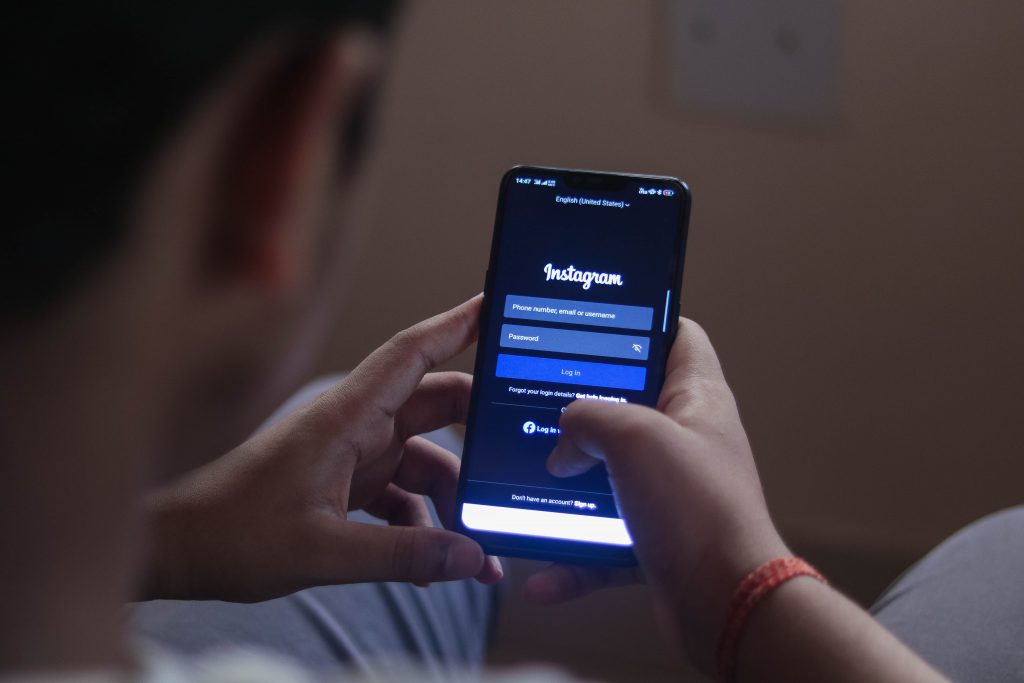
Data usage is data usage, even if it’s background data that you’re using. On the site we’ve talked plenty about this new phenomenon that people who are accustomed to unlimited plans face when they are traveling or outside of their coverage area. When you’re on a trip outside of the national network that you have access to, coverage gets harder to come by. On top of that it tends to be more expensive. If you’re an unlimited plan user though you may not be accustomed to accounting for the amount of data that you’re using. When you go abroad the use of background data is going to be charged the same as the use of data that happens on the main screen. This concept is simple enough, yet it stumps a lot of people and it leads to hefty phone bills when they get back home.
One of the first questions that we know people have about background data is whether it should be on or off. To be able to answer that question though, you need to be able to answer a couple more questions. For example, what type of plan are you on? If you’re on an unlimited plan and you’re using your phone locally, background data usage isn’t such a big deal. Unless you use up way too much data to the point where the speed of your network drops off at certain points in the month. Then you may want to start thinking about turning your background data off. If you’re traveling this may very well be a necessity. Here’s all you need to know about background data.
- Is Background Data Charged The Same Is Regular Data?
- Can You Get Hit With Roaming Fees Over Background Data?
- What Are The Pros and Cons of Having It Off or On
- Apps That Use Up The Most Background Data
- Kill Your Apps Or Just Turn It Off Completely
- The Worse Case Scenario Involving This Type of Data & Roaming
Is Background Data Charged The Same Is Regular Data?
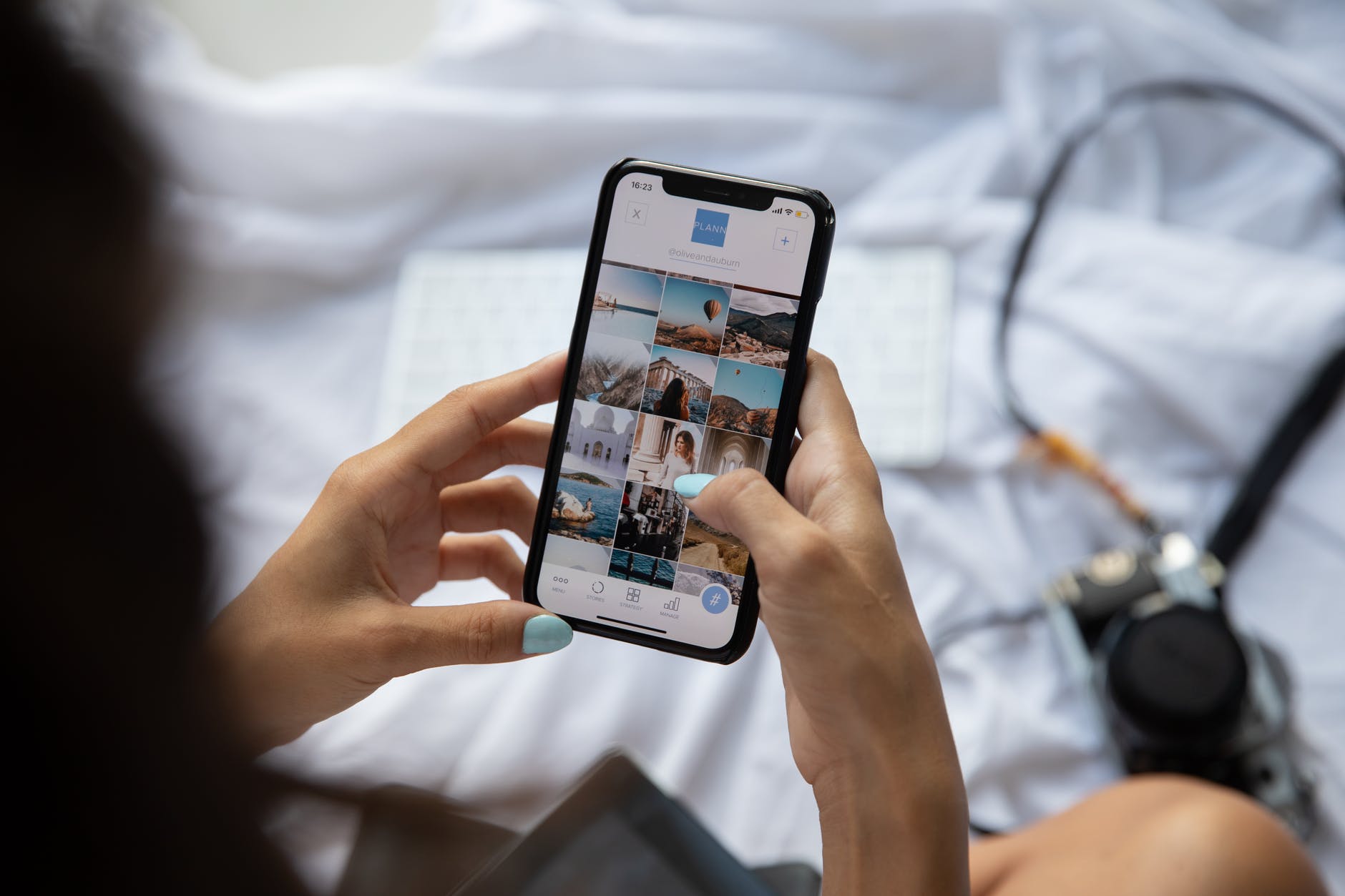
We said this literally in the first sentence of the article. Data usage is data usage. Background data is going to be charged the same as regular data. If you’re not on an unlimited plan you could in fact still be using that limit that you have when you are technically not using your phone. It’s not like those Facebook and IG notifications come out of thin air. With that in mind, you may want to think about the amount of data that you’re using up from your data totals that is background data. Why is that background data is usually much lower than the data that you use up on the main screen? The answer is pretty simple: it just doesn’t take up too much data to pull up your Facebook notifications.
The problem that you may have is running an app in the background that is constantly updating itself. Let’s say for example that you’re running a map app, and you have an active route that you never closed off. You left the phone on mute, so you’re not getting the updates to turn left, right or wherever it may be. That type of app on background data could be using up a ton of your data allowance because it’s one of those apps that needs to be constantly updated to be able to work appropriately. This is just one example that we could come up with, but you could find yourself in a similar scenario with games. Particularly those that need online access for you to be able to play.
Can You Get Hit With Roaming Fees Over Background Data?
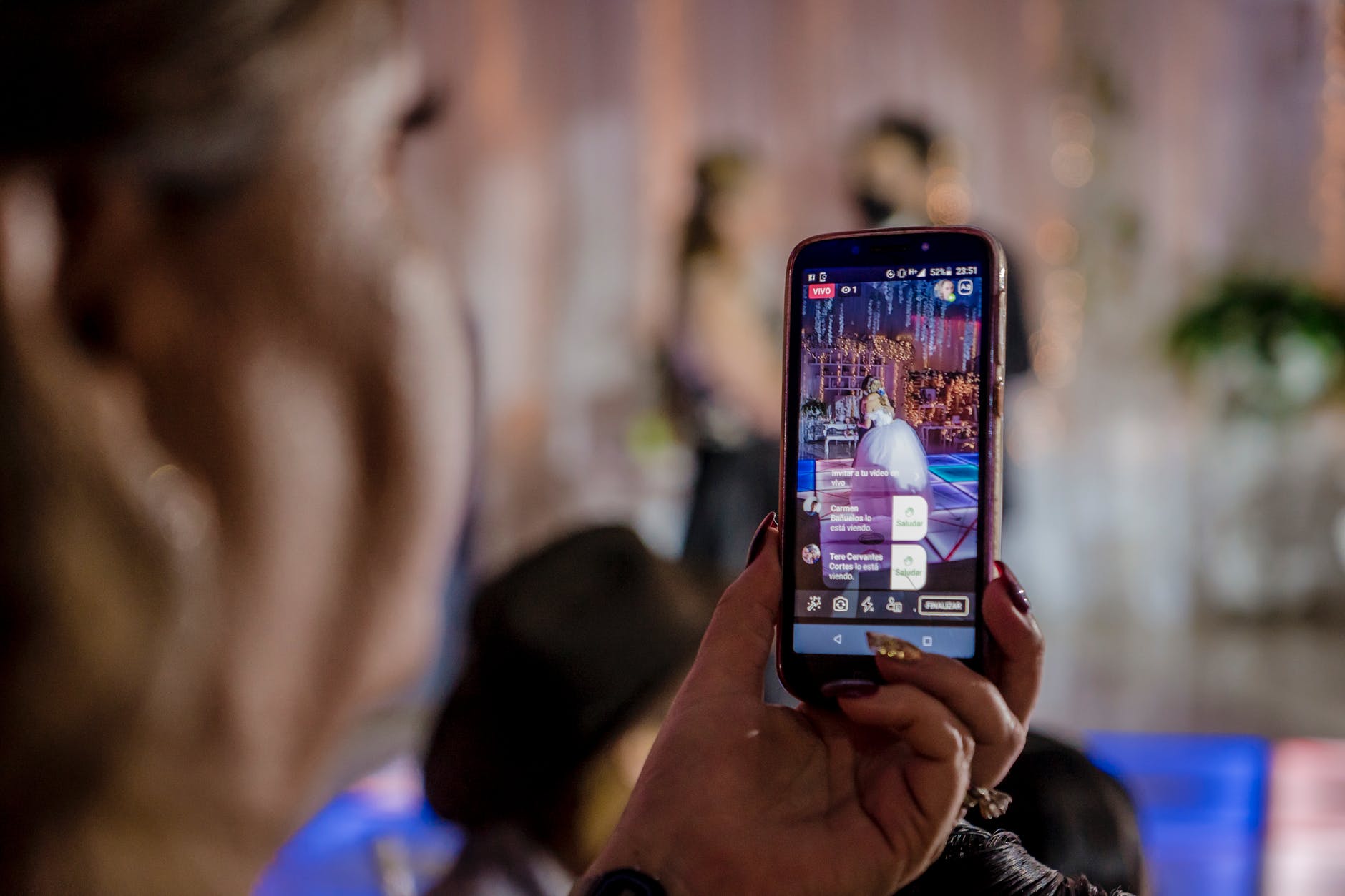
The short answer to this question is yes, and that’s why background data can be such an issue when you’re traveling. One of the main issues that you’ll have with background data is that it’s harder to keep your finger on exactly how much data you’re actually using. That’s not to say that most people are actually on top of the amount of data that they are using regardless. At the very least though, you know more or less how much time you spent looking at the phone on apps that you were using on the main screen. There are certainly ways to track the amount of data that you’re using through your phone. This actually applies both to background data and data that you’re using on the main screen. Since your service provider may come up with a different tally we wouldn’t say these numbers are reliable.
One of the things though, that you want to do when you’re trying to limit the amount of data that you’re using is to just shut off your phone’s ability to use background data at all. You can also limit the usage on a per app basis. So apps like Instagram who are known to be big data spenders may be one of the first apps that you’re going to want to cut off if push comes to shove. Turning off your background data is a good way to lower your overall data consumption and avoid roaming fees. There are other things though that you’re also going to want to consider.
What Are The Pros and Cons of Having It Off or On
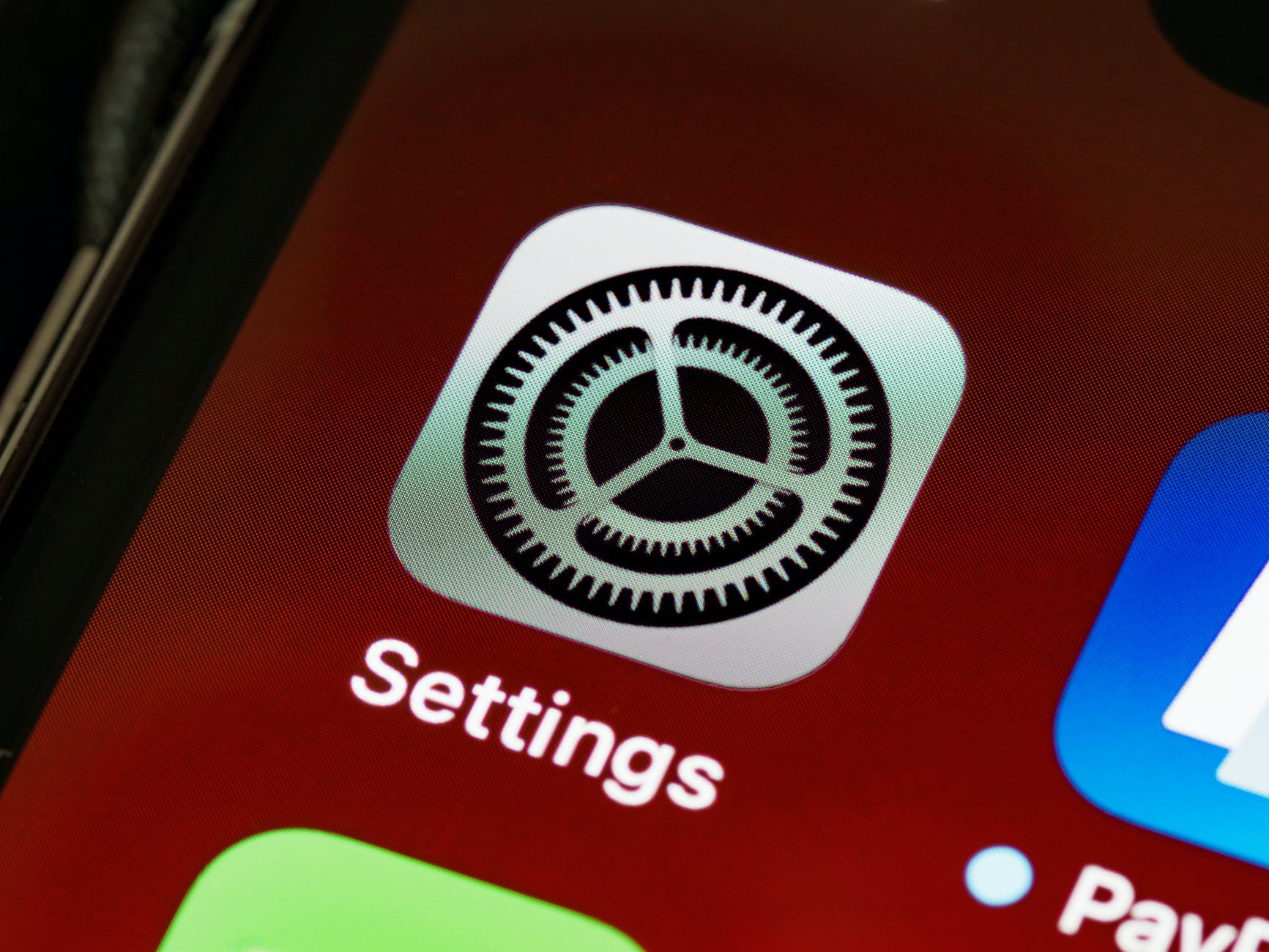
The big benefit that you’ll get is of course that you won’t have to deal with getting hit with roaming as we’ve mentioned. Also, it can speed up your coverage speed a bit. Particularly if you’re running on a low coverage speed which is actually a very typical occurrence when you’re on a roaming plan. You get slow, bad, and expensive coverage. This is not a knock by the way on any particular company, it’s pretty much industry standard. In fact, many companies prefer to offer slow coverage to users who are on roaming to try and force them to buy a travel plan, and add to their total at the end of the month.
The negative part about this is that you’ll be missing plenty of your messages and updates. You can always grab your phone and open up the app that you want to get updates from on the main screen. When you do that all of the updates that you missed should be able to synchronize. Of course, this process could take a while because of the slow speeds that we just talked about. There’s a chance though that you’ll have missed calls from apps and things of that nature. Texts from apps are also only going to get to you once you open the app backup. All things considered it’s a negative aspect in the world. If you’re actively trying to minimize the roaming fees that you’ll inevitably get charged it can make sense to keep the background data off.
Apps That Use Up The Most Background Data
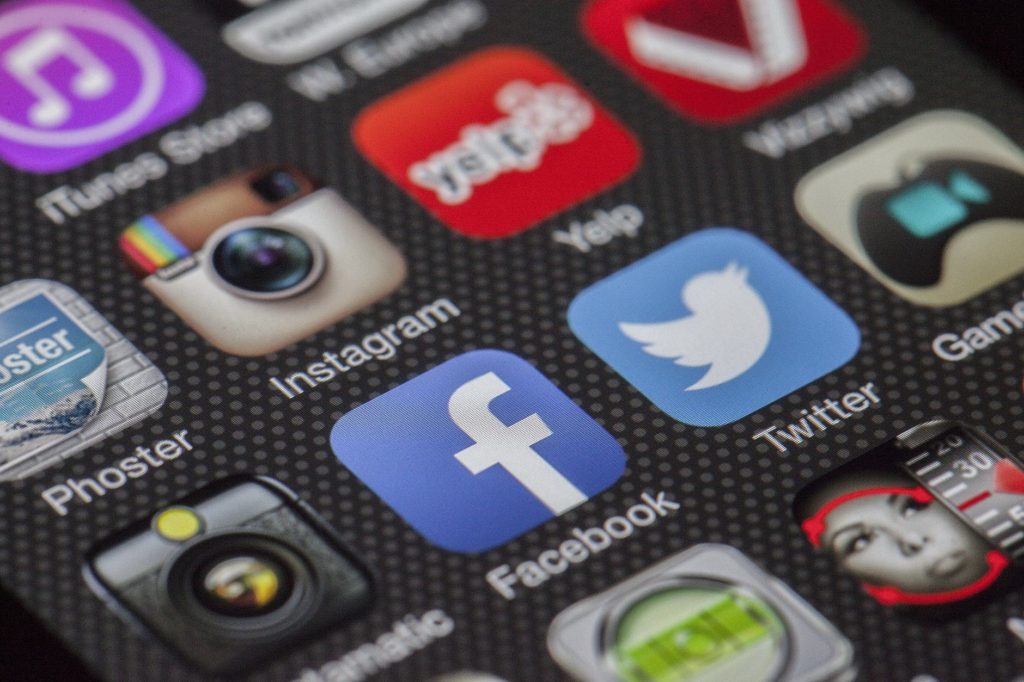
The apps that tend to use up the most background data are the ones that are constantly updating themselves. Let’s look at the low end of the spectrum first. Games that you can literally open offline are not going to be using up virtually any data. If it’s a game though that you play with opponents who are online or something like this, those can take up a ton of data. Notes, the calculator, and pretty much anything that comes with the phone are apps that use up small amounts of data. As we mentioned though, apps that are updating themselves constantly tend to use up a lot more data. Anything that is even remotely social media related is going to use up a lot of data in the background.
The interface of these platforms is always being updated for you. Instagram being a picture based app usually uses up more data than Twitter and Facebook which tend to have at least a bit more text that is lighter to load. Music apps and map apps may also be silent killers of data. In fact, if you’re having a data usage problem you may want to look into buying a subscription to a music streaming service. The money that you spend on the subscription which will allow you to download the songs and not use data to play them could very well be a good investment that offsets the cost of data usage. Obviously this is a piece of advice better suited for music buffs.
Kill Your Apps Or Just Turn It Off Completely
How much data are actually spending? How much data are you looking to save? We’ve already covered some of the pros and cons of turning off your data completely. Another thing though that you can do to try and lower your overall data consumption is to kill the apps that are not in use. As we’ve just mentioned, apps that constantly need to update themselves are going to be the silent killers. When you leave an app open in the background it tends to use up more data than if you closed it completely. Even if your background data is on and you can receive those updates from the app, closing the app once you’ve looked at the update could be saving you some data.
What closing your apps can also do is save up battery and keep your phone a lot faster. Again, many of these things that we’re talking about here may apply better to those limited data plans and a phone with a low storage capacity. Getting in the habit of doing these little things though can ultimately help people with any type of phone extract better performance from their devices while also potentially lower their cell phone bill. At the end of the day all of these little actions can potentially add up to help you reach a positive result. We’re just throwing some ideas out there so that you can find what works best for you. If you really want to save data, keep the phone off entirely. That’s essentially the safest way to not pay roaming fees! Turn it back on when you need to use it, obviously.
The Worse Case Scenario Involving This Type of Data & Roaming
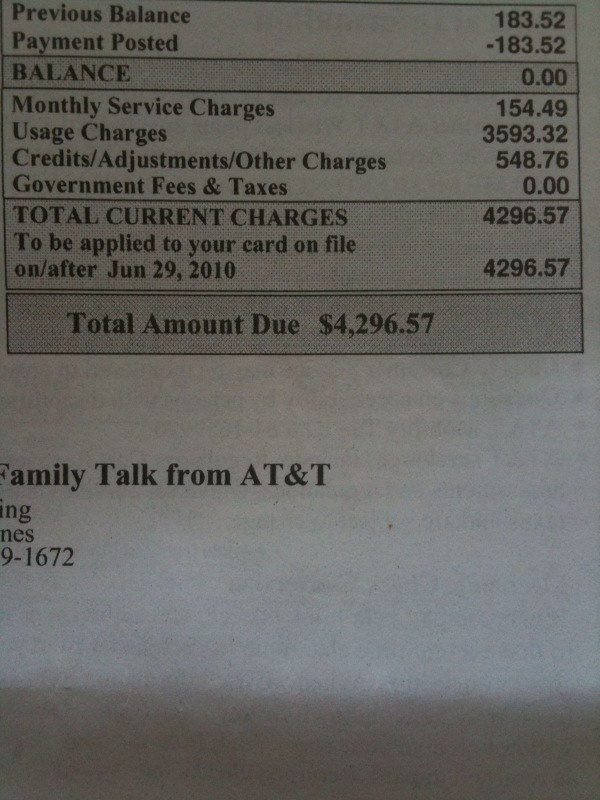
The worst case scenario is racking up as large of a bill as you can imagine of course. What may hurt the most is when you actually pay for a monthly travel plan for example. Verizon is one of the companies that offer it, and we don’t necessarily love the rates. What we can agree upon is that the rates on the plan are better than their roaming fees. The problem is, if you go over the limits on your plan you have to pay overage fees. These overage fees are essentially roaming costs. So you could potentially spend up to 100 dollars on your travel plan, only to have to pay roaming fees anyway because background data puts you over the limits. It’s always a good idea to keep a watchful eye on the amount of data you’re spending.
Can Background Data Result In Roaming Fees – Conclusion
We’ve made it rather clear from the very beginning of the article that the answer to the question that we posted is a definite yes. Maybe one of the things that isn’t as clear is how much of a concern this should be. The short answer to that is very much so. Although it’s true that to get an update or a message across to you an app won’t be using up too much data what you don’t want is for them to be constantly updating themselves in the background. It’s hard to really tell how much data is being used in apps that you’re not actually using. Even if you are using the app, tracking your real data consumption is hard.
That last statement that we threw out there is potentially the key thing to think about. As we’ve mentioned most phones allegedly let you know how much data each app is using. Your service provider can come up with other types of data though. Also, the tally on your phone could include data used while you were connected to a wifi network. That usage doesn’t factor into your phone bill. The best thing then to avoid potential issues may be to limit your background data usage or ban it completely at certain moments. This is the best way to avoid roaming fees through that avenue.
Get An E-SIM Card To Access Low Cost Coverage In Any Country In The World

In doing so you’ll be supporting us create more content to help you find coverage as you travel. At the same time you may be solving the issue that you came here for help on!